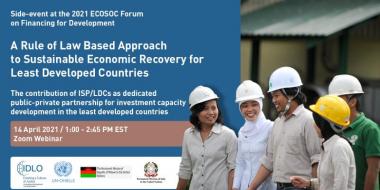Commercial mediation: facilitating business in Tajikistan
Languages: English - Pусский
In Tajik language and culture, the word ‘mediation’ has historically been associated with peace-building efforts; mediation was used to resolve community conflict situations after the civil war in the 1990s. It has not been known as an alternative form of dispute resolution outside the court system.












